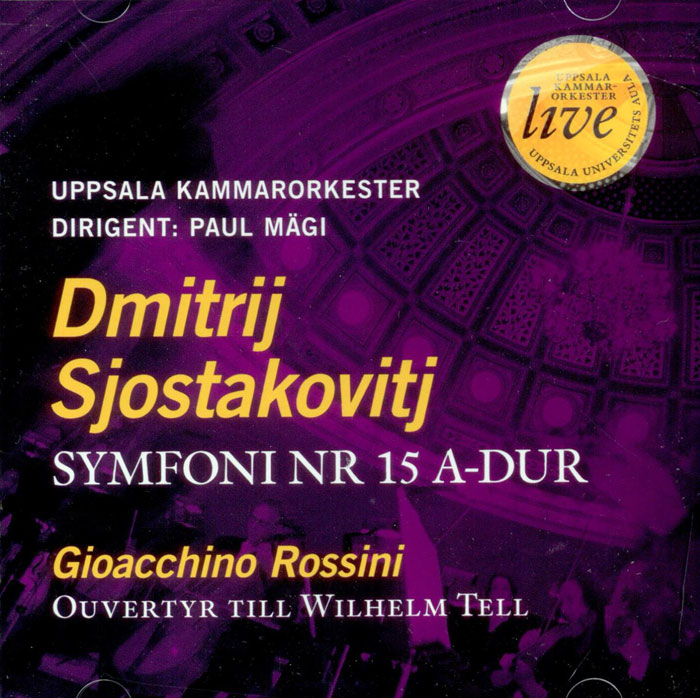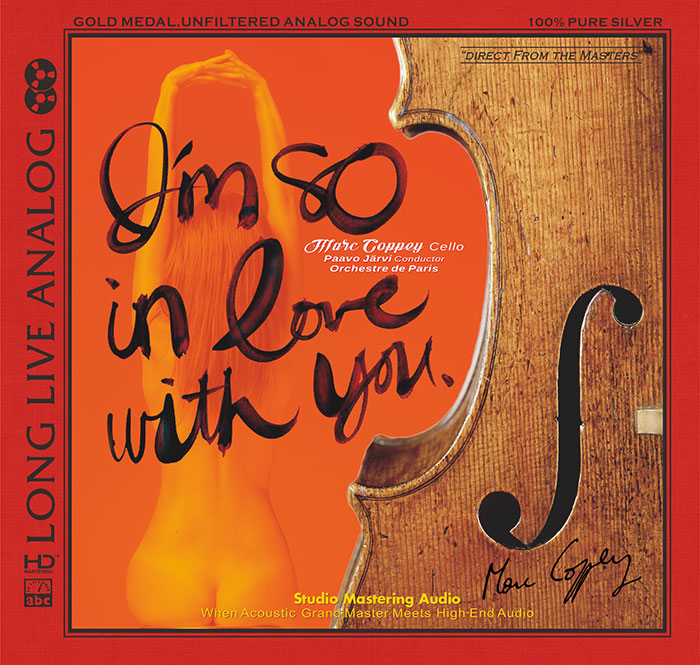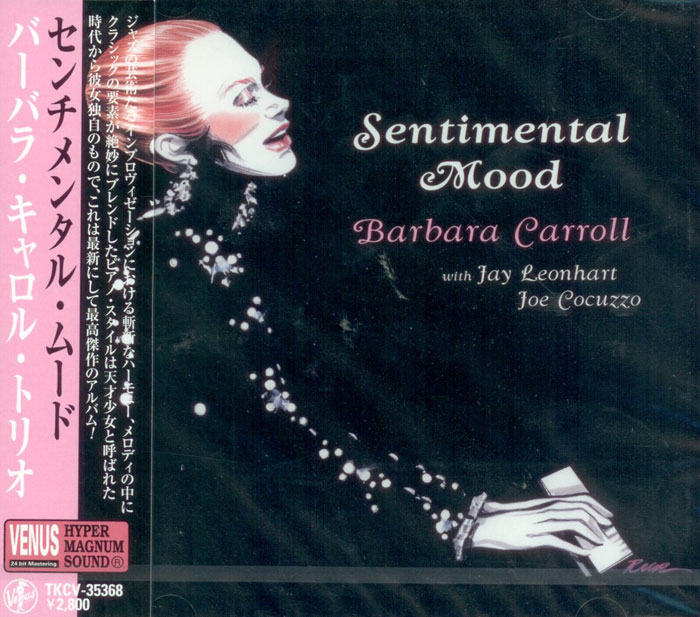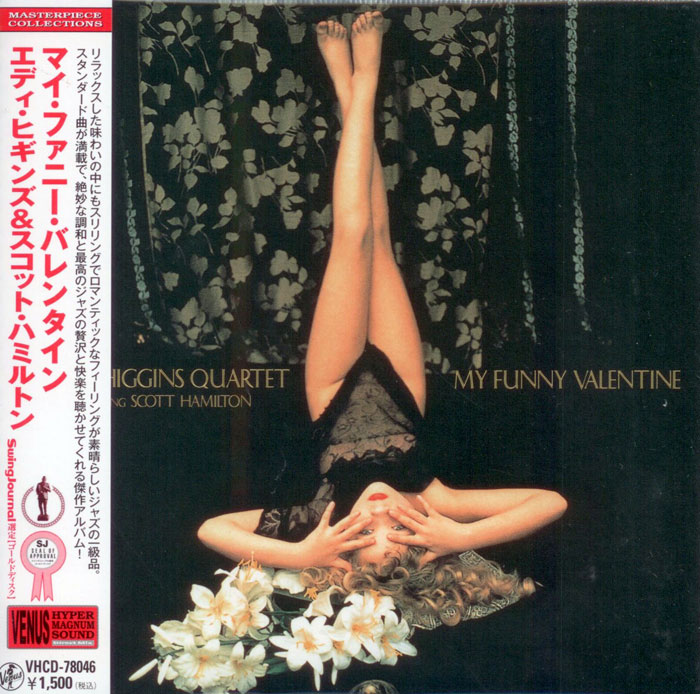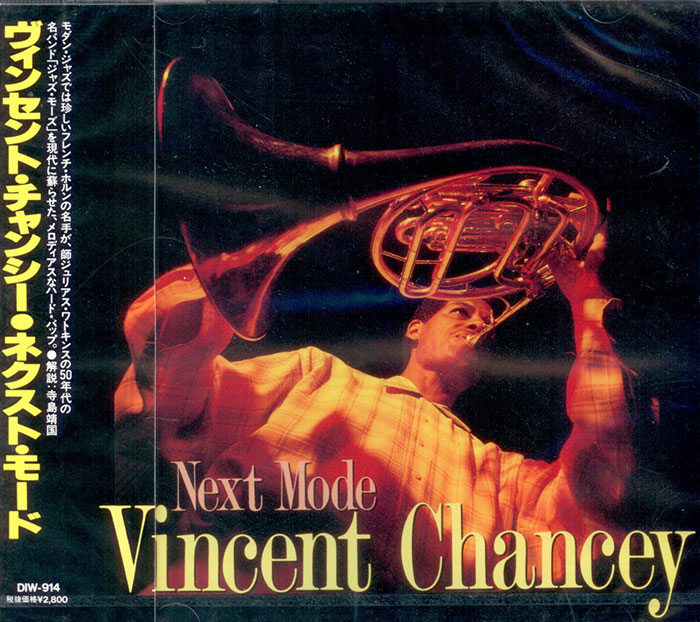Logowanie
Dziś nikt już tak genialnie nie jazzuje!
Bobby Hutcherson, Joe Sample
San Francisco
SHM-CD/SACD - NOWY FORMAT - DŻWIĘK TAK CZYSTY, JAK Z CZASU WIELKIEGO WYBUCHU!
Wayne Shorter, Freddie Hubbard, Herbie Hancock, Ron Carter, Elvin Jones
Speak no evil
UHQCD - dotknij Oryginału - MQA (Master Quality Authenticated)
Chesky! Niezmiennie perfekcyjny
Winylowy niezbędnik
ClearAudio
Double Matrix Professional - Sonic
najbardziej inteligentna i skuteczna pralka do płyt winylowych wszelkiego typu - całkowicie automatyczna
SHOSTAKOVICH, Uppsala Chamber Orchestra, Paul Magi
Symphonie Nr 15 In A
- Uppsala Chamber Orchestra - orchestra
- Paul Magi - conductor
- SHOSTAKOVICH
nagranie o szczególnych walorach brzmieniowych
Dimitri Shostakovich composed his last symphony, No. 15, in the course of a few months in 1971. It was premiered in Moscow in 1972 under the baton of his son Maxim Shostakovich. "The music wouldn't leave me alone," says Shostakovich, "it's one of the few pieces I had in my head from the first tone to the last. I merely had to write it down." For the premier the composer provided the following simple program statement: "First movement - childhood, play, absolutely carefree; the following movements - life, its worries and joys, suffering and hope, life as it has been lived from beginning to end." The symphony is autobiographical, like so many other compositions by Shostakovich, but what is striking here is the diversity of the musical quotations from his own works and those of others. Asked why they are there, he answered: "I don't know why they are there, but I couldn't leave them out." It can be assumed that this is music that had meant a great deal to him in various phases of his life and continued to possess a reality that justified its place in the music he wrote in just a few months at the end of his life. The quotations are hardly emphasized; indeed, Shostakovich has made them coalesce with own creation in a masterly and tactful manner. This is especially the case with the Wagner allusions from the Ride of the Valkyries, Twilight of the Gods, and Tristan and Isolde, but also with the quotations from his own material, the Fourth Symphony, the Leningrad Symphony, the Second Cello Concerto, etc. The most spectacular quotation, from the overture to Rossini's opera William Tell - which recurs five times in the first movement - has many of the ingredients of a carefree childhood, but it is diffiicult to determine whether it was meant to be sarcastic. But it is perhaps better not to delve too much into musical curiosities or the biographical associations that are presented but rather to accept that the best music is enigmatic, and to leave aside all exaggerated descriptions and hints. Few, if any, composers were so beloved during their lifetime as Gioacchino Rossini. Adored by the age of 21, he was even more popular when he withdrew 17 years later, in 1829. He had just composed his opera William Tell for the Paris Opera. Like so many of his works, the opera was a huge success and had a run of 56 performances. The overture has been likened to a symphonic poem in miniature, expressing the plot in concentrated form. The opera is staged sporadically in our day, whereas the overture is performed often.


































